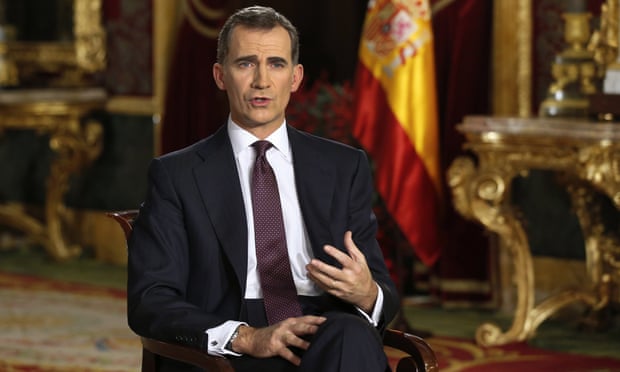by Shelby Vcelka
Impunity Watch Desk Reporter, Europe
WARSAW, Poland–
The Polish Senate has approved changes to the power of Poland’s highest court, which has sparked mass protests within the country and concerns from the European Union that they could destabilize the rule of law. The bill takes away power from the constitutional court, and only requires the signature of Poland’s President, Andrzej Duda, to become law. Duda is a member of the ruling Law and Justice Party (PiS), which forced the bill through the Senate on an overnight session running from Wednesday to Thursday. The lower house of Parliament had already approved the measures on Tuesday afternoon.

The new law states that the courts must approve all rulings with a two-thirds majority, instead of the usual simple majority, and requires 13 of the court’s 15 judges to be present when highly contentious cases are before the court. Currently, the law only calls for 9 judges to be present. The law also calls for a mandatory waiting period of three to six months between the request for a ruling and a verdict, rather than the current two-week waiting period.
The opposition party has condemned the bill as an attempt by the PiS to interfere with the justice system and the constitutional court’s independence. These paticular changes, they worry, will decrease the number of cases the already overworked constitutional court will be able to hear per year. Additionally, they claim the PiS are attempting to take control of the court and erase checks on governmental power. Previously, President Duda has stirred the emotions of the opposition party by swearing in four new judges earlier this month.
The European commission vice-president Frans Timmermans wrote to Poland’s foreign and justice ministers this past Wednesday, urging the Polish government to avoid adopting the law or passing it into effect. “All questions about the law’s impact and effects,” the letter stated, should be “fully and properly assessed.” The Polish justice minister, Zbigniew Ziobro, quickly fired back that Timmermans had been “misled” by the opposition party on the intent and focus of the bill. Similarly, the UN high commissioner for human rights has expressed deep concerns for the effects on the rule of law the changes would create.
For more information, please see–
Wall Street Journal– Polish Governing Party Rushes to Reorganize Legislative Court— 22 December 2015
Russian Times– ‘Coup’ against EU? Poland accused of trampling democracy after new law on top court— 23 December 2015
Associated Press– Polish lawmakers pass contested law on constitutional court— 24 December 2015
The Guardian– Poland’s senate votes to curb power of top court— 24 December 2015
